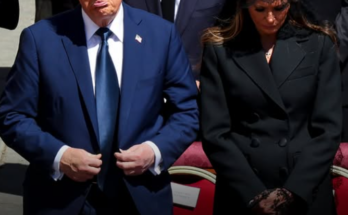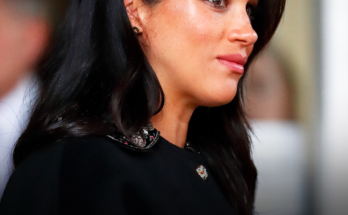In a recent development, Russian officials have responded to Ukrainian President Volodymyr Zelenskyy’s letter to U.S. President Donald Trump, in which Zelenskyy expressed Ukraine’s readiness to engage in peace negotiations with Russia. The Kremlin has acknowledged this gesture positively but highlighted existing legal and practical challenges that could impede the initiation of direct talks.
Zelenskyy’s Overture for Peace
During an address to Congress on March 4, 2025, President Trump read excerpts from a letter sent by President Zelenskyy. In the letter, Zelenskyy conveyed Ukraine’s willingness to “come to the negotiating table as soon as possible to bring lasting peace closer,” emphasizing that “nobody wants peace more than the Ukrainians.”
This communication follows a tense meeting between the two leaders at the White House, where disagreements led to the suspension of U.S. military aid to Ukraine.
Kremlin’s Response
The Kremlin responded favorably to Zelenskyy’s expressed readiness for negotiations. Kremlin spokesman Dmitry Peskov stated that Russia views this development “positively.” However, he pointed out a significant obstacle: a 2022 decree by Zelenskyy that legally prohibits negotiations with Russian President Vladimir Putin. Peskov remarked, “The question is who to sit down with. For now, the Ukrainian president is still legally prohibited from negotiating with the Russian side.”
International Reactions and Proposals
The international community has shown interest in facilitating potential peace talks. Belarusian President Alexander Lukashenko has extended an invitation to host negotiations in Minsk, proposing that leaders from Ukraine, Russia, and the United States convene to discuss terms for peace.
This offer underscores Belarus’s willingness to play a mediating role in resolving the ongoing conflict.
Challenges Ahead
Despite these diplomatic overtures, several challenges remain:
-
Legal Constraints: The existing Ukrainian decree banning negotiations with Putin poses a legal hurdle that must be addressed before any direct talks can commence.
-
Military Tensions: On the ground, hostilities continue, with reports of Russian forces capturing territories in eastern Ukraine and Ukrainian forces countering drone attacks.
-
Diplomatic Strains: The recent suspension of U.S. military aid to Ukraine adds complexity to the situation, potentially affecting Ukraine’s negotiating position and defense capabilities.
Conclusion
While President Zelenskyy’s letter signifies a potential shift towards peace, the path forward is fraught with legal, military, and diplomatic challenges. The international community’s role in facilitating dialogue and addressing these obstacles will be crucial in determining whether these initial gestures can lead to substantive negotiations and, ultimately, a resolution to the conflict.


